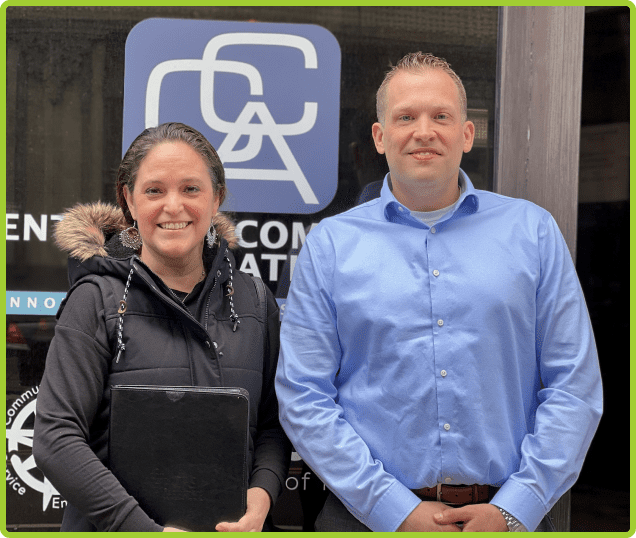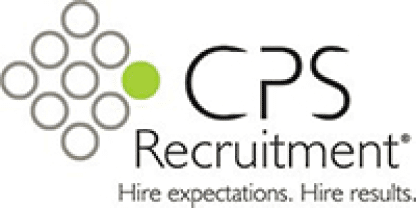- Looking for Work?
30+ Years of Candidate Expertise
- Looking to Hire?
Areas of Expertise
30+ Years of Recruiting Expertise
- About Us
- Resources
- Client Stories
- Current Employees
- Albany Staffing Agency
- Charlotte Staffing Agency
- Utica Staffing Agency
- Buffalo Staffing Agency
- Rochester Staffing Agency
- Syracuse Staffing Agency
About Us
Matching Talent with Opportunity
We connect talented individuals with businesses that need their valuable skills. We do so with a commitment to confidentiality, trust, and integrity.
Matching
Talent with Opportunity
We connect talented individuals with businesses that need their valuable skills, and we do so with a commitment to confidentiality, trust, and integrity.

One Team, Many Solutions - Your Staffing Partner
We are not just a staffing agency; we are your partner, offering tailored solutions to meet your staffing and HR needs. Whether you need assistance with a seasonal ramp-up, direct hire staff, management-level talent, or an entirely outsourced recruiting process, our team is ready to serve your business and be an extension of your human resource team.
An Average Tenure of More Than 10 Years
While we’re unique as people, we’re unified in what we believe in – great relationships. Our qualified backgrounds across a sweeping range of industries make us uniquely suited to help you build out your workforce or C-Suite.
We take pride in maintaining an average tenure of 10+ years across our company, which allows us to build and maintain successful partnerships for years.

National Recruiting & Staffing Partner
Need a partner who takes the time to work with you every step of the way? We bring quality talent to the table in all departments. Our expert Syracuse-based team is here to simplify your job, hit your business objectives, and bring you the candidates you need. Our team offers three core services:

Direct Hire
Our direct hire service is a consultative approach to recruitment, whether you’re seeking hourly staff or top executives. We partner with you to understand your needs and make suggestions to ensure we find the perfect fit for your team.
Temporary Hire
Our team uses expertise and industry knowledge to deliver the right temporary and/or contract hires to businesses across various sectors. Accelerate your talent search and find candidates in your area with access to our team, advanced technology, and streamlined processes.


Payroll on Demand
We handle payroll and related administrative tasks and liabilities so you can focus on the work you love to do. From start to finish, our team collects information, processes data, ensures compliance, and distributes pay to your team members.
Today’s World Has Two Constants.
Change and the people you trust. That’s where CPS Recruitment comes in. We’re a New York based staffing agency.
Since our firm first started making connections 30+ years ago, we’ve put our clients and partners first.
30+ Years of Dedication to
Clients & Candidates
Scott Farr
Leslie was great! Very friendly knowledgeable and helpful. I do hope to be directly hired by the company Im working for in the future but I am very happy with CPS to this point.
Erika Calhoun
Very nice, caring, respectful recruiter. Very easy to talk to and very quick to respond. Helped me find a job and guide me through the process. Will recommend to anyone.
Tarik Patterson
Today was my first day on job. So far i find it a work-friendly environment with all of its employees very respectful and willing to help me understand duties and how it relates to the job.
Janine Harmon
I was referred to Danielle Lee and I went in to see her to seek employment. It was the best thing I could have done for my job search.
Tracy Rogers
Christopher Roselle
Darlene Lefevre
I love the position I was offered it didn’t take long to get employed with the help of Lisa an I appreciate everything they have done.
Kosfing Kuethping
Danielle made it fast and easy quick for me I appreciate the opportunity work with great people good teamwork behind this agency!!
Elden Gomillion
Christopher Andrews
Teresa Jasinski

CPS Recruitment delivers customized recruiting solutions and staffing services to businesses on the east coast.







